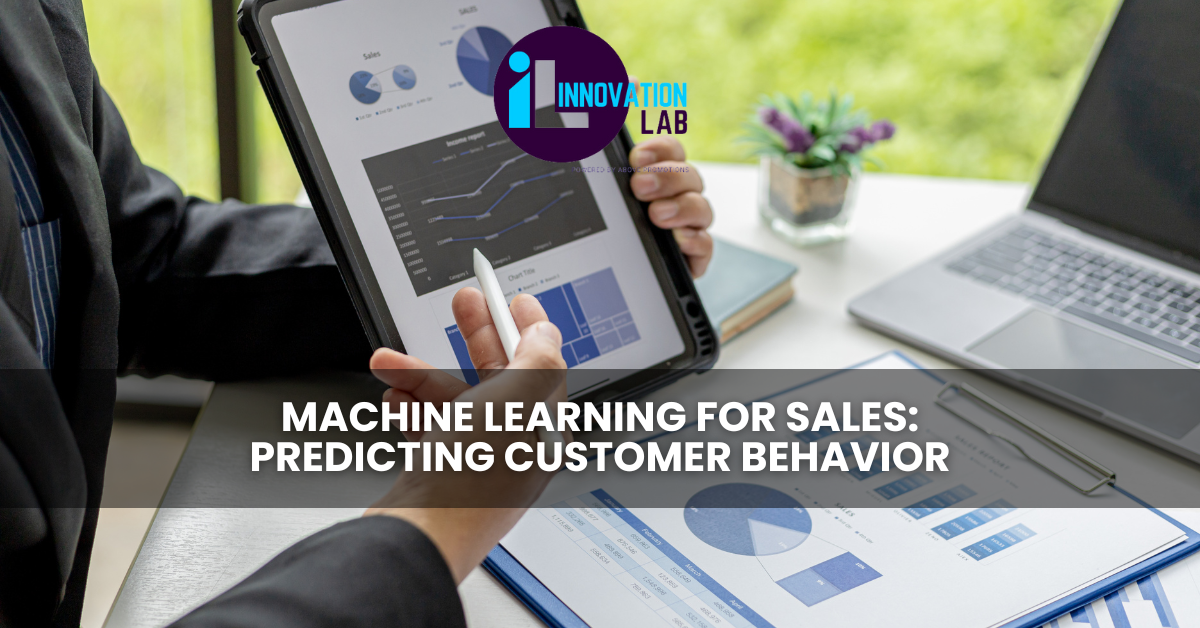In today’s competitive sales world, understanding how customers behave is essential for businesses. Companies want to gain an edge, and machine learning is a powerful tool for predicting customer actions and improving sales strategies. By examining large amounts of data, Machine Learning algorithms can find patterns and trends that people might miss. This helps sales teams understand customer needs and adjust their strategies for better results.
The Power of Predictive Analytics
Traditional sales methods often depend on gut feelings and previous experiences, which can be unreliable. In contrast, Machine Learning uses data to predict how customers will behave. It analyzes past sales data, customer details, online activity, and other relevant information to find patterns in future buying habits. This helps sales teams identify potential customers, tailor their interactions, and boost conversion rates.
Key Applications of Machine Learning in Sales
- Lead Scoring: Machine Learning can analyze lead data to identify the most promising prospects, allowing sales teams to prioritize their efforts and focus on high-value opportunities.
- Customer Segmentation: Machine Learning algorithms can segment customers based on their purchasing behavior, preferences, and demographics, enabling sales teams to tailor their messaging and offers to specific customer groups.
- Churn Prediction: Machine Learning can identify customers at risk of churning, allowing sales teams to retain them proactively.
- Product Recommendations: Machine Learning can analyze customer purchase history and browsing behavior to provide personalized product recommendations, increasing cross-selling and up-selling opportunities.
- Sales Forecasting: Machine Learning can predict future sales trends, allowing businesses to optimize inventory management, staffing levels, and resource allocation.
Implementing Machine Learning for Sales
Implementing machine learning for sales requires a strategic approach. Businesses must define their goals, gather relevant data, choose appropriate Machine Learning algorithms, and integrate the technology into their sales processes. Cloud-based machine learning platforms and APIs make it easier for businesses of all sizes to access and utilize this technology.
The Importance of Data Quality
The accuracy of machine learning predictions depends heavily on the quality of the data used to train the algorithms. Businesses must ensure that their data is accurate, complete, and relevant. Data cleansing and preprocessing are essential steps in the machine learning implementation process.
The Human Element in AI-Powered Sales
While machine learning can provide valuable insights, it’s essential to remember that it’s not a replacement for human interaction. Sales is ultimately a relationship-driven business, and human empathy, communication, and problem-solving skills are still crucial for building trust and closing deals. Machine learning should be used to augment human capabilities, not replace them entirely.
The use of Machine Learning in sales is still in its early stages, and the technology is constantly evolving. As machine learning algorithms become more sophisticated and data becomes more readily available, businesses can gain deeper insights into customer behavior and further optimize their sales strategies.
Ready to leverage the power of machine learning to predict customer behavior and drive sales growth? Book a consultation with our team of experts to learn how we can help you implement AI-powered sales solutions tailored to your specific business needs.
Let’s transform your sales strategy together.



